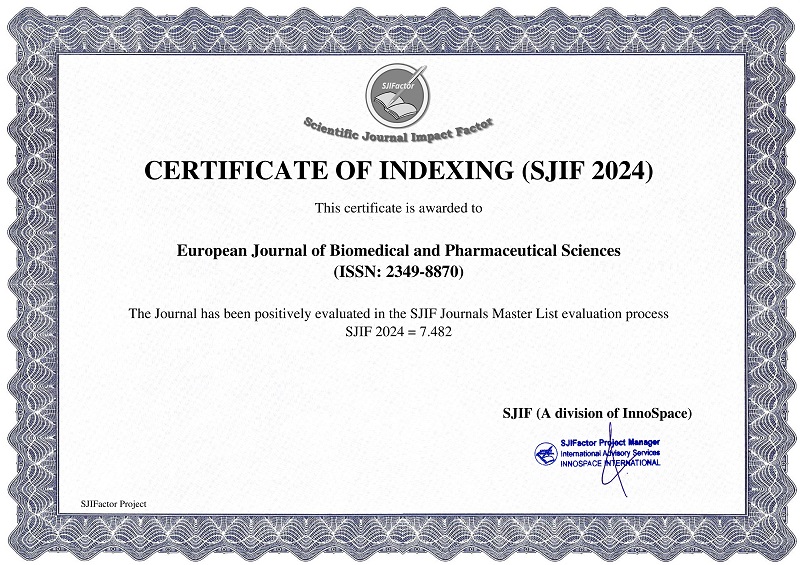IMPLEMENTATION AND INDIGENOUS VALIDATION OF CLINICAL BIOCHEMISTRY INTEGRITY TESTING IN RETAINED SAMPLES
Saravanan Radhakrishnan, Preethi Loganathan, Sampath Kumar Gasper, Suganthi Muralidharan and Selvakumar Kandaswamy*
ABSTRACT
Background: Storage of serum is often necessary in laboratories because of technical issues or to stored samples for subsequent verification purposes. The aim of this study was implementation of sample integrity testing to determine whether the stability of biochemical analytes are affected by storage conditions. Materials and Methods: Clinical diagnosed samples were stored at 2−8°C for 48 hrs then analyzed for stability. The results of theoretical concentration obtained from fresh samples were compared with measured concentration obtained from retested sample or stored samples. This sample integrity acceptance % was compared with analysis of acceptable criteria as per standard guidelines of RCPA and CLSI. Results: Our results show that, creatinine, uric acid, total calcium, albumin, cholesterol, and triglyceride levels were within acceptable limit. Only exception of urea and total protein were beyond the acceptable limit. Acceptable limit was exceeds so we analysis the root cause and corrective and preventive action were taken. Conclusion: The samples on which the requested tests are done were retained/stored for a suitable period at temperature. For the purpose of cross verification and retesting if required later/for performing additional tests if required. The samples are maintained in suitable environment to protect the integrity of the sample and to protect the interest of the client and the laboratory. This saves a further vein puncture, but sample storage and sample integrity testing in our laboratory makes a query? This query leads to induce to do implementation of sample integrity testing.
Keywords: RCPA, CLSI.
[Full Text Article]
[Download Certificate]


 Impact Factor : 8.181
Impact Factor : 8.181 






